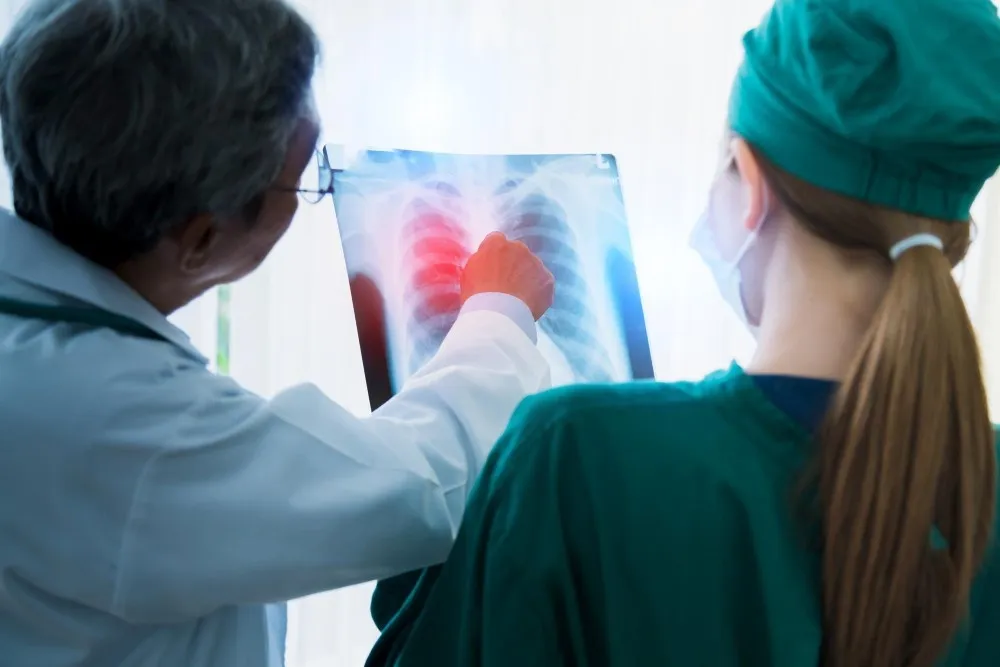Q1. What is screening?
A1. Screening means medical testing and early detection of a condition before any symptoms develop.
Q2. What is meant by cancer screening?
A2. It involves physical examination, detailed patient history taking, laboratory tests, radiological investigations and also genetic tests to detect cancer at any early stage before any symptoms are seen. Early detection helps to initiate early treatment and this helps to reduce illness and death from cancers.
Q3. What is the importance of early detection through screening?
A3. Early detection will make the condition easier to treat. Timely detection will prevent spread of cancer, thereby reducing cancer related deaths.
Q4. Is cancer screening always beneficial?
A4. Screening can lead to false positive as well as false negative results. A false positive result means showing that cancer is present although it is actually not there. Such a result will cause patient anxiety and lead to more invasive procedures and tests. A false negative result means showing that cancer is not present although it is actually present. This leads to delay in diagnosis and the patient will not seek the required medical care.
Q5. Are there any risks associated with screening procedures?
A5. Some screening procedures like colonoscopy for colon cancer screening can cause heavy bleeding due to tears in colon lining.
Q6. My doctor has advised me to undergo a screening test for cancer. Does this mean that he suspects that I have cancer?
A6. Your doctor will advise screening test for cancer when you have some related symptoms or when you are in the age group that has a high risk for cancer development.
Q7. Are screening tests used to diagnose cancer?
A7. Screening tests do not diagnose cancer. If the test result is positive, more tests will be required to establish diagnosis.
Q8. How can I know that I am at a high risk of developing cancer and I need to take screening tests?
A8. If you had cancer in the past and if your parents &/or siblings have/had cancer, you have a higher risk of developing cancer and it may recommended by your doctor that you undergo screening tests to rule out/detect cancer.
Q9. Which screening tests have been used to detect cancer?
- Mammography is done to detect breast cancer. Breast MRI is done in women who have high risk of developing breast cancer. Women must also do self examination of the breasts regularly.
- Low dose helical computed tomography has been used to detect lung cancer.
- Colonoscopy/ Sigmoidoscopy have been used to detect colorectal cancer.
- Pap smear test and human papilloma virus testing is used to detect cervical cancer.
- Alpha-fetoprotein blood test is done in those who have high risk of developing liver cancer.
- CA 125 test is done in women who have high risk of developing ovarian cancer.
- Prostate specific antigen test is done to detect prostate cancer at an early stage.
Q10. Is cancer screening recommended in a weak elderly person?
A10. A weak elderly person should ideally not be screened for cancer. Even if the tests are positive, treatment will only harm the patient.
Join our Cancer group for regular updates.
List of Best Cancer Doctors across India
Best Oncologist in Delhi NCR | Best Oncologist in Mumbai Region | Best Oncologist in Kolkata | Best Oncologist in Hyderabad | Best Oncologist in Chennai |

Reviewed by







